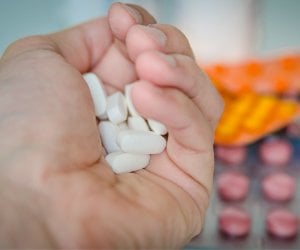In High School? Resources That You Need to Succeed As Pre-Health Students
High school is a time of uncertainty and promise, especially regarding the future. However for ... Read more
Written by: Student Doctor Network
Published on: September 22, 2021

